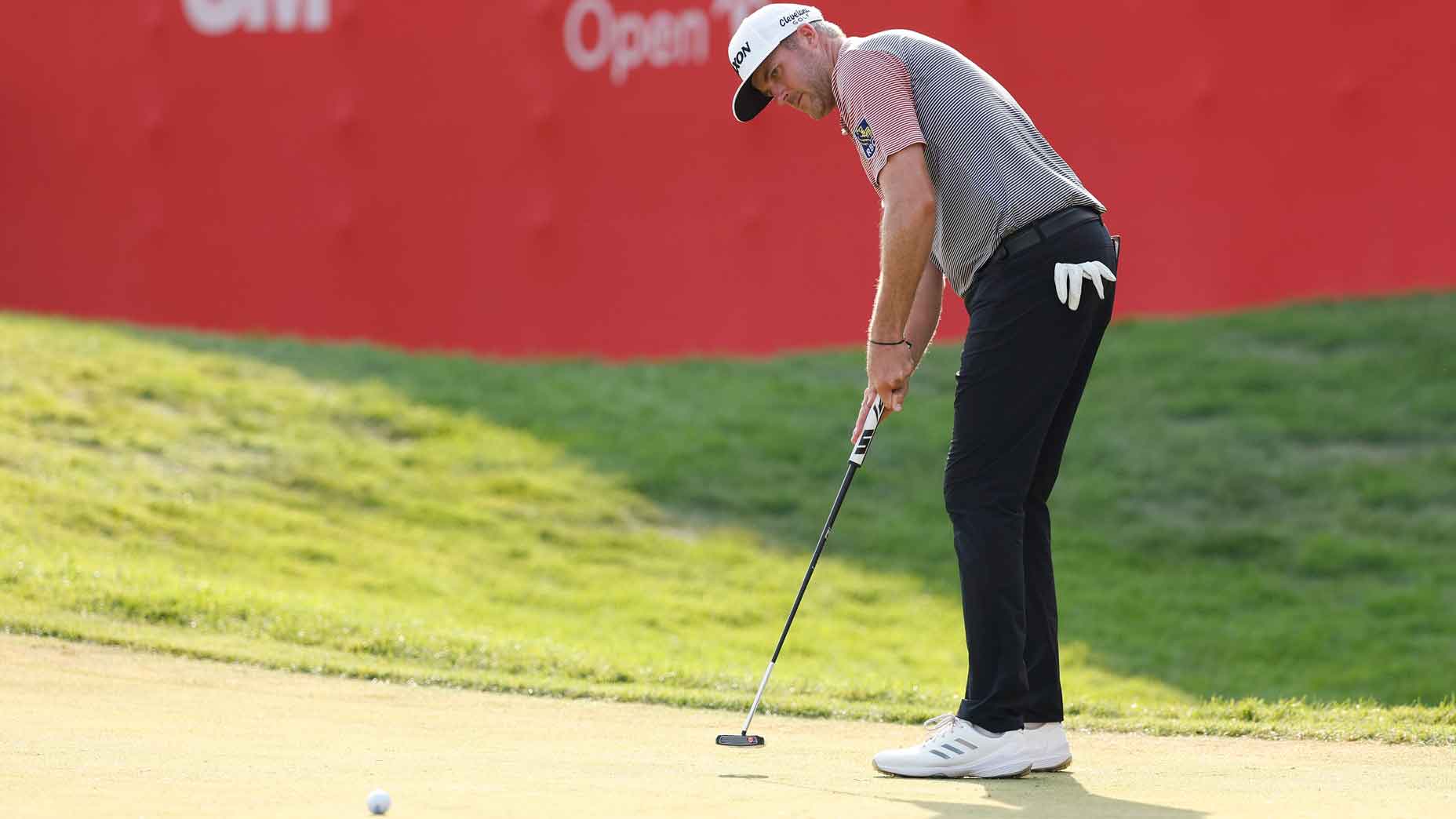Any committed relationship—including marriage—will have conflicts. However, how a couple handles conflicts affect their marriage’s health. Marriage therapy at allinthefamilycounselling.com may teach couples how to resolve conflicts and strengthen their relationship. The methods of marriage counselling discussed below have been shown to be successful in assisting couples in resolving issues and maintaining harmony in their union.
Different perspectives, priorities, and communication styles can cause disagreement. Conflicts aren’t always terrible, but how partners settle them can affect their relationship’s strength and longevity. Conflicts can cause anger, isolation, and a gradual loss of trust. All relationships have conflicts, but if managed well, they may lead to growth, understanding, and marriage strength.
Understanding Conflict in Marriage
Marriage disagreements can come from spouses’ different objectives, attitudes, and expectations. Unresolved issues, communication breakdowns, and external stress may also be at fault. The first step in marriage counselling is understanding the issues. Allinthefamilycounselling.com professionals assist couples discover their concerns and create customized solutions.
Incompatible communication styles might cause marital conflict. One spouse may want to discuss issues straight away, while the other needs time to think. Unresolved disagreements can cause uncertainty and sadness.
Unmet relationship expectations can also generate conflict. One example is a relationship when one spouse feels ignored or unwanted because their emotional needs aren’t satisfied while the other feels burdened by partner responsibilities. Understanding each other’s basic needs and expectations helps couples comprehend their marital dynamics and discover solutions that satisfy both sides.
Effective Communication
Resolution of marital troubles requires good communication. Marriage counselling teaches couples to be honest. Active listening, empathy training, and affirmation help therapists and patients communicate. Partner communication and listening skills will help couples settle disagreements and comprehend each other’s perspectives.
In marriage counselling, partners are encouraged to actively listen to their partner without interrupting. Both parties feel heard and understood, which fosters empathy and intimacy. Therapists can teach couples to listen and appreciate one other by mirroring or paraphrasing.
Good communication in marriage counseling requires empathy. Couples can better understand each other’s sentiments through empathy. This helps people understand each other despite disagreements. Therapists use vocal affirmations, affirming body language, and encouraging comments to help couples develop empathy. This can reduce tensions and facilitate reconciliation.
Setting Ground Rules
Marriage counselling requires establishing ground rules for conflict resolution. Following these rules creates a safe space for discussing sensitive topics. Committed partners learn to control their defensiveness, avoid derogatory language, and avoid personal attacks. They prioritize problem-solving over criticism and blame. When couples set rules for handling marital disagreements, everyone works better together.
During therapy, counselors remind couples to create a safe space where they feel heard and valued. Guidelines may include the following ground rules: expressing feelings with “I” words, taking turns without interruption, and not bringing up irrelevant past grievances. These rules help couples communicate and prevent fights from destroying the relationship.
Identifying Triggers and Patterns
Marriage counseling helps couples discover the dynamics and habits that escalate arguments. Couples therapy helps partners discover conflict and repeated patterns of behavior. By understanding their habits and triggers, couples may improve their conflicts and break damaging cycles.
Marriage counselors use a variety of methods to assist couples uncover relationship patterns and triggers. Couples often keep a conflict journal to document their arguments. This data collection includes disagreement history, reasons, emotions, and outcomes. Reviewing these journals helps couples uncover commonalities and conflict triggers.
Another beneficial marriage counseling strategy is role-playing, which helps couples rehearse alternate reactions to potential disputes. Therapists give couples fictional settings to practice communication and conflict resolution. Couples can better understand their feelings and resolve issues by acting out different scenarios.
Practicing Empathy and Understanding
Couples can improve empathy and understanding through guided visualization, role-playing, and active listening with marriage counselors. Living together helps couples understand and value each other’s ideas and experiences. Recognizing and validating each other’s feelings builds trust and support in couples. This helps them resolve disagreements and work together.
Role-playing helps couples understand each other. In couples therapy, therapists ask partners to describe possible feelings and actions. Put yourself in their place to sympathize with their thoughts, feelings, and life events.
Therapists may employ guided imagery to help couples relax and recognize success. These exercises aim to help couples see their challenges differently. To better understand each other, partners might put themselves in each other’s shoes and evaluate their reactions and feelings in specific situations. By helping partners understand one other’s feelings and lives, this strategy fosters empathy.
Compromise and Collaboration
Compromise is key to marriage conflict resolution. Couples find common ground and work together to find solutions that work for them. Therapists help couples resolve issues through creative problem-solving and negotiation. When they work toward common goals, couples can accomplish more and respect each other’s needs.
Therapists help couples achieve compromises in marriage counseling. Couples can generate ideas and insights through brainstorming, mind mapping, and role reversal. Honest communication and compromise can help couples settle conflicts and meet each other’s needs.
Brainstorming sessions can help couples generate ideas and solve problems. Couples therapy encourages couples to experiment without judgment. Mind maps and lists can help couples communicate and establish common ground. Brainstorming options increases couples’ chances of reaching a compromise.
In a role reversal activity, partners try to perceive things from the other’s perspective. Couples therapy uses hypothetical circumstances to help clients imagine themselves in their partner’s shoes and examine their feelings and actions. This helps couples sympathize and comprehend each other’s preferences and needs, making it easier to achieve agreements.
Marriage counseling stresses bargaining skills to help couples reach mutually agreeable conditions. Therapists teach couples negotiation techniques include active listening, aggressive communication, and problem-solving. Couples learn to communicate about wishes and needs and consider each other’s perspectives. Amicable bargaining can help couples resolve disagreements and understand one other.
Conclusion
Marriage counseling at allinthefamilycounselling.com teaches conflict resolution. By improving communication, empathy, and teamwork, a couple may withstand storms and enhance their marriage. Marriage counseling boosts long-term health and satisfaction.
Marriage counseling helps couples handle challenges in a controlled and supportive atmosphere. Professional therapists can help couples improve communication, marital dynamics, and dispute resolution. Through counseling and implementing the skills and practices taught, couples can overcome problems, improve their bond, and develop a meaningful and long-lasting relationship.



